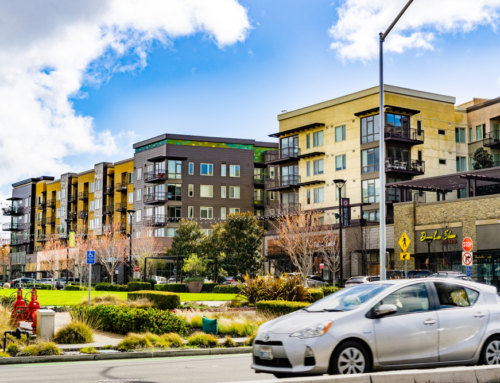There are many disheartening stories that probate and estate planning attorneys watch unfold. It is never easy to understand how children often cannot find common ground when addressing their parents’ lasting legacy; however, it is increasingly common to reach a stalemate–especially when there is sub-perfect drafting of the estate plan.
Often the best solution, in the author’s opinion, is an uncommon one, simply because probate attorneys are less accustomed to dealing with property disputes than some of their real estate-specialized counterparts–a court-supervised Partition.
A Petition to Partition, as it is commonly called, is a court-supervised sale of real estate. It is often quite litigious, and therefore expensive; however, it can be one of the most decisive ways to wind up the estate. Especially considering that the real estate often comprises the bulk of the parents’ legacy, the time and expense can be justified. In its most basic form, the court first must determine an accurate value of the property, and then oversees that it is sold for the correct amount and then distributed according to the will, or failing one, the statutory distribution scheme.
As for expenses and how they are distributed, the answer is found in G.L. c. 241, Section 22, which directs that the fees and costs are shared by the parties in proportion to their interests in the estate. For example, if there are two beneficiaries sharing 100%, then each beneficiary is charged 50% of the costs and fees of the partition — and the estate, for that matter. This, of course, is a judicial-intensive action, which must be handled by a capable attorney accustomed to dealing with the court-supervised division of property.




